I am often asked, “How did you find meaning in life after losing your child?”
Sometimes the question is posed by parents who have also lost children. Other times, it’s asked by adults who have lost parents or siblings and are struggling to move through their grief.
But more and more, I get this question from adults (and especially women) who have not had a loved one pass away… they simply feel lost and crave more meaning in their lives.
I always tell them the same thing: I approached myself as if I were the most meaningful startup of my life.
This may sound like an unusual or overly tactical answer, but many of those who ask me this question know that prior to Tommy passing, I had a 22-year career building startup companies in Los Angeles.
My first was in music; the second in hospitality; and the third in sports. Although I never thought about it at the time, all three delivered some form of entertainment that inspired people to play.
Throughout my career, I worked for entrepreneurs with big personalities and inspiring visions and helped them develop operations for their organizations from the inside out. One after another, I flourished in fast-paced environments where instruction was vague and timelines were incredibly unrealistic, which led me to cultivate a strong mindset that said nothing was “impossible.” No deadline was too soon, no problem too complex. There was always a solution—and I developed a weird obsession and knack for finding it.
But what many people don’t know (and what I often forget myself) is I learned at an early age that we can restart ourselves—or a significant part of our lives—any time we want.
I was in college when my father announced he would no longer be practicing dentistry. An injury forced him to retire early and figure out a new career. I had no idea how this experience had impacted him on the inside, but I was pleased to see he remained the same father I loved and needed him to be on the outside. I watched him put one foot in front of the other and create an entirely new business that weaved together his medical background, his growing creativity, and his desire to deliver something of value to the world that was also equally meaningful and rewarding to him.
It was incredibly comforting and empowering to learn at such a pivotal stage in my development that we humans are capable of doing multiple things in life, whether we want to or not.
But when I was 48 and tragedy struck, I wasn’t thinking about any of this. I was just trying to survive my circumstances. My son didn’t wake up. The world as I knew it went dark. And the person I thought I was ceased to exist.
Suddenly and subconsciously, I fell back on my startup skills and my father’s example—and turned on autopilot for survival.
“So, what did you do first?” people often ask.
Well, first I made a choice. I decided that I would survive for my younger son and live to honor my older one. My husband and I both agreed on these priorities and moved forward together.
These two goals were so clear, so strong, and so deeply meaningful to me that for the first time in my life, I didn’t care what anyone else thought.
Overnight, I had become the CEO of my own startup—my life (!)—and I was so laser-focused on succeeding that I wouldn’t let anyone or anything, not even paralyzing grief, stop me.
The problem was, I didn’t know how to live without my eldest son. I didn’t know how to grieve. I didn’t know how to help my younger son when I couldn’t even help myself. I didn’t even have a belief system around life and death, or any kind of religious or spiritual practice to fall back on. My 48 years of life had not prepared me for a loss like this.
But just like with every startup I had ever worked for, I would learn.
Why?
Because startup companies always require us to seek new knowledge and develop new skills. Sometimes, they demand that we transform something old into something new, while other times, we have to be willing to create something out of nothing at all.
What’s important is that a startup develops from the inside out, and that as it grows, its insides match its outside. Otherwise, it will eventually crack and require a painful restructuring. It can take some time, but if the crucial foundational work isn’t done first, a startup will eventually fail altogether or accept mediocrity.
So, I asked myself in the worst moment of my life, What do I have to learn to make my own startup successful?
“You must learn to heal your heart,” a growing intuition responded.
Is it even possible to heal a mother’s broken heart? I wondered.
That’s when the startup girl in me began to stir and let it be known that if I could find a way to heal my heart after losing a child, then my healing journey might also be able to help others heal their hearts from all kinds of loss.
Suddenly, at the lowest point of my life, I not only had two non-negotiable goals, I also had a mission to propel me forward through misery, confusion, and sorrow, along with whatever other obstacles might come my way (and there have been plenty!).
The second thing I did was create a plan.
As author Derek Rydall says in his amazing book, Emergence: Seven Steps for a Radical Life Change,
“A vision [or mission] without a plan is wishful thinking… we must stop believing the world is happening to us and realize that we are happening to the world.”
Each of my former startups had a business plan. The best ones were thorough, but flexible. Thoughtful, but nimble. They were also designed to be sustainable and scalable.
So, as grief pummeled me from all sides, I devised a plan of my own in a single sentence:
I would wake up every day and take one new step toward my goals.
It didn’t matter how small or simple each step was. I would write one email, make one phone call, read one article or book, or pose one question. Day by day, I would inch my way forward, one wobbly step at a time.
Which step would I take first?
Whichever one I could. This was no time for fear or self-judgment. My world had already crashed, and I had already lost. How badly could I fail now?
As Franklin Roosevelt once said, “There are many ways of going forward, but only one way of standing still.”
The time comes when every CEO of every startup takes a step and officially starts. It’s the only way. So that’s what I did.
The third thing I did was build a team.
I knew I could not achieve my mission and goals alone. So, I imagined Tommy was helping me. I quickly developed an inner faith that we were on this mission together.
At the same time, the private and more introverted person I used to be opened herself up and welcomed physical world help from everyone who offered it and aligned with my mission.
I said YES to those who showed up to raise money and fight city politics for Tommy’s legacy. I said YES to everyone who showed up to care for my younger son. And I said YES to every alternative healer recommended by trusted friends who showed up to help me heal my heart.
In the process, I learned something incredibly valuable that I wish I had known much earlier in life. As Rydall puts it: “Allow people to give to you. It’s one of the most generous things you can do for someone.”
In fact, Rydall says that to not ask for help is to deprive another soul of the opportunity to give more to this world and find more in themselves.
When I started to understand that it is not selfish to ask for help, but it is selfish not to ask for it… that’s when my team began growing larger and stronger.
In closing, successful startups are not built in a day.
They require hard choices, a clear vision, a burning desire to succeed, and a team that believes in us and helps us to grow.
This is just the foundation. Like the stock in your soup.
Of course, this is not the only way to find more meaning or rebuild our lives, it’s just the only way I know how.

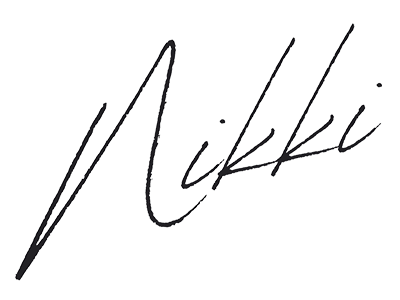
P.S. Please join me on Wednesday, April 11th at 11 am PST for a LIVE session with author Derek Rydall—the author I quoted a few times above—whose teachings and life experience will benefit anyone looking to discover more purpose and direction in life. Derek is an absolute gift to our souls. I promise you are in for a treat!
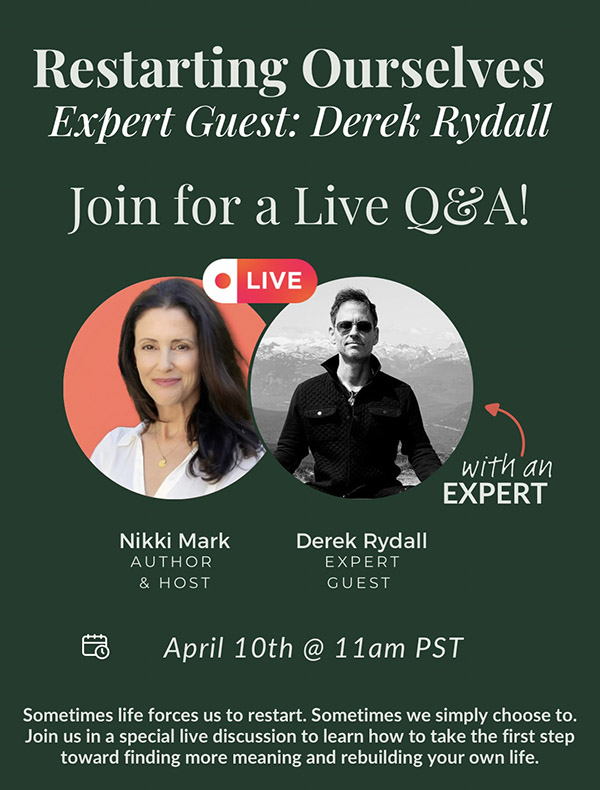
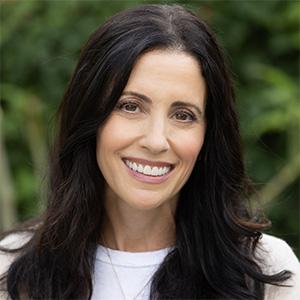
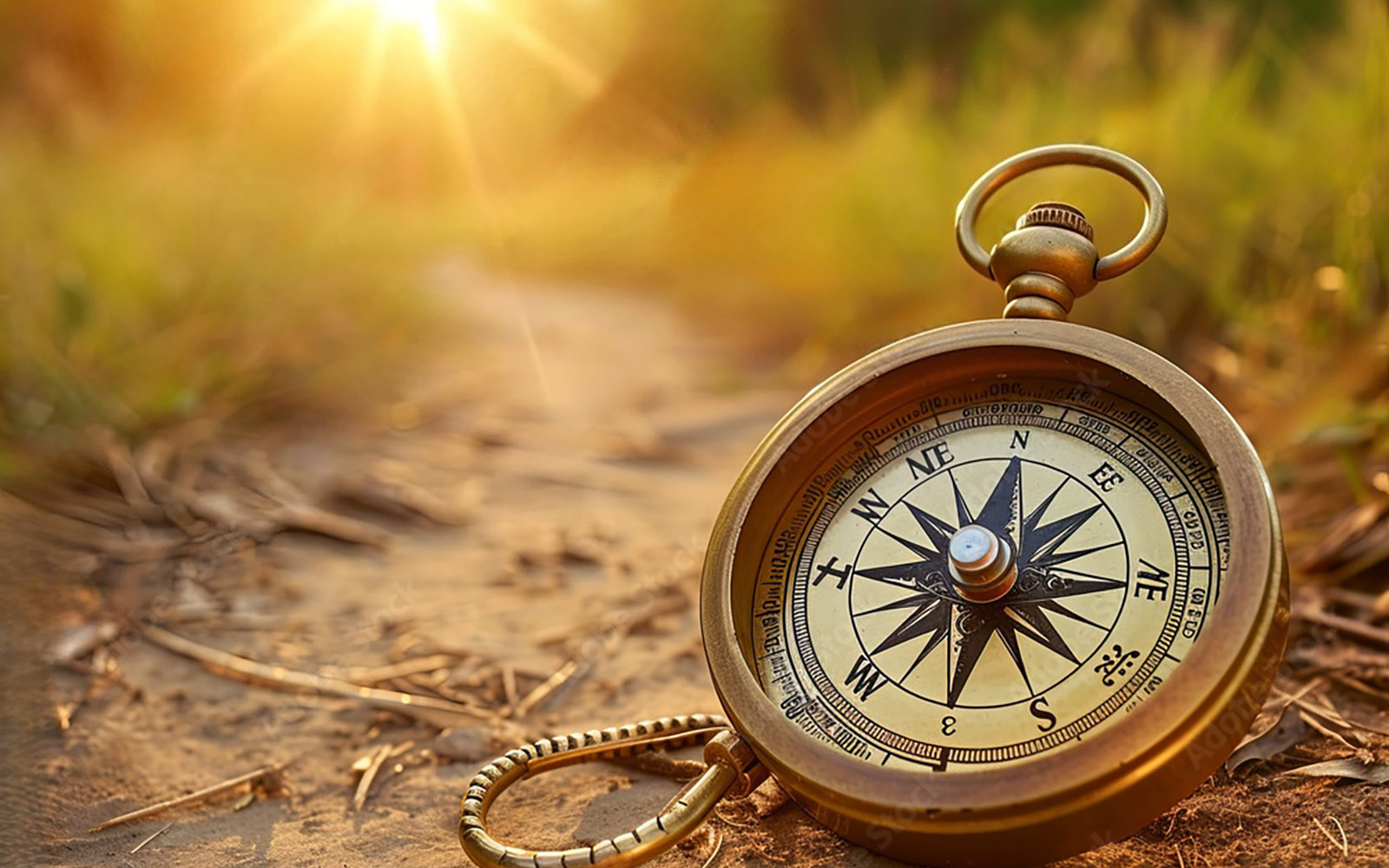



That was beautiful.
I live here in Kitchener On.
Loss my partner in Jan ’23. Knew for 40 yrs was with 33 yrs. He was the last of my family. I have no children, no siblings knew when his time knew be hard.
So looking for any help for me.
Hi Joan, all I can do is share my experience and hope it helps you find your own way of healing your heart. If I can do it you can do it, but it takes time. Maybe download my toolkit from my site or look at some of the resources I have posted. I hope they help. Sending love.